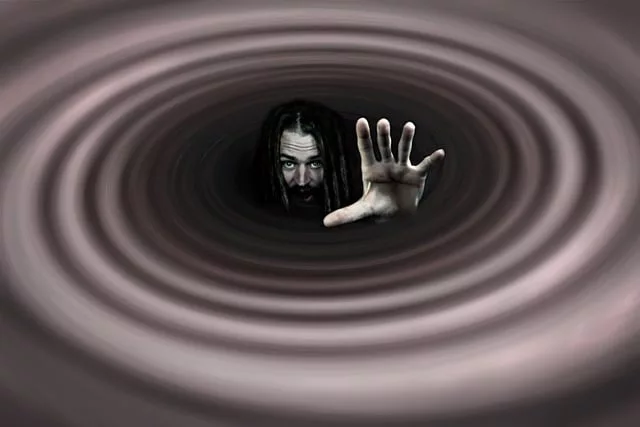In Southern California, as in other states across the country, there’s a teenage house party underway, complete with drinking games, empty bottles of booze and loud music. The big difference with this party, though, is that it’s simulated. “Reality Parties” are a new trend that gives parents a glimpse of what really happens when alcohol and drugs are available at get-togethers their kids attend.
 Straight Up Reality Improv, funded by the Ventura County Behavioral Health Department (BHS), puts on these events. Teen actors show parents, at these “reality parties,” how an intense pressure to fit in can result in alcohol poisoning, sexual assault, illicit drug misuse and any number of destructive behaviors.
Straight Up Reality Improv, funded by the Ventura County Behavioral Health Department (BHS), puts on these events. Teen actors show parents, at these “reality parties,” how an intense pressure to fit in can result in alcohol poisoning, sexual assault, illicit drug misuse and any number of destructive behaviors.
National statistics on underage drinking show a slight improvement since 2002, though the numbers, according to the National Institute of Alcohol Abuse and Alcoholism (NIAAA), are still quite staggering.
What are the NIAAA Statistics on Teenage Drinking?
- 26.4 percent of teens have consumed alcohol within the last 30 days, 17.4 percent of which were binge drinking
- 72 percent of students have used alcohol before, at least once, before graduating, and 37 percent have done so before the eighth grade
- Nearly 53 percent of underage drinkers admitted that their last use of alcohol was in someone else’s home
- More than 20 percent of teenagers that have consumed alcohol reported that they got it from their parents
“The reality party itself is the most powerful way I’ve seen to deliver the message,” Police Chief Sharon Papa told The Daily Breeze. “I think we need to take it more seriously and not just say it’s kids being kids.” Many Southern California cities and counties, though some claim not enough, are enacting social-host ordinances, which impose a $1,000 fine on parents caught allowing alcohol-fueled parties in their homes.
Proponents of these laws complain that the current fine is not enough in wealthier areas where underage drinking parties are most prevalent. In 2013, though, the Orange County Board of Supervisors squashed a motion to introduce a social-host law all together. The committee cited the U.S. Constitution’s ban on unreasonable search and seizures.
A BHS survey conducted last year found that minors who live in beach cities are particularly at risk for underage drinking. 65 percent of teens in these areas said that they had access to alcohol at parties. A quarter of those interviewed reported that their adult friends bought the alcohol for them.
Research has repeatedly shown that the earlier an individual takes that first drink, the greater the chances are they will deal with addiction issues later in life. In fact, children who drink by the age of thirteen are 38% more likely to develop alcohol dependence as they age, says the American Psychological Institute.
Additionally, the psychological effects of early onset addiction are serious. Mental illnesses, such as depression and anxiety, are exacerbated by drugs and alcohol. Alcoholics and drug users are more likely to have a dual diagnosis, the presence of a psychiatric condition along with dependence issues.
“Reality parties” are a step in the right direction. They raise awareness for parents, lawmakers, and communities on the very real and dangerous threat that underage consumption of alcohol presents to individuals and society at large.
Related:
Why is Teenage Drug Use Such a Big Deal?
The Dangers of Binge Drinking and Drinking Games
Al-Anon and Alateen – Support for Families of Addiction
10 Facts About Energy Drinks and Caffeine Addiction
Lindsay Lohan Tells Oprah: Alcohol Was a Gateway to Other Things





